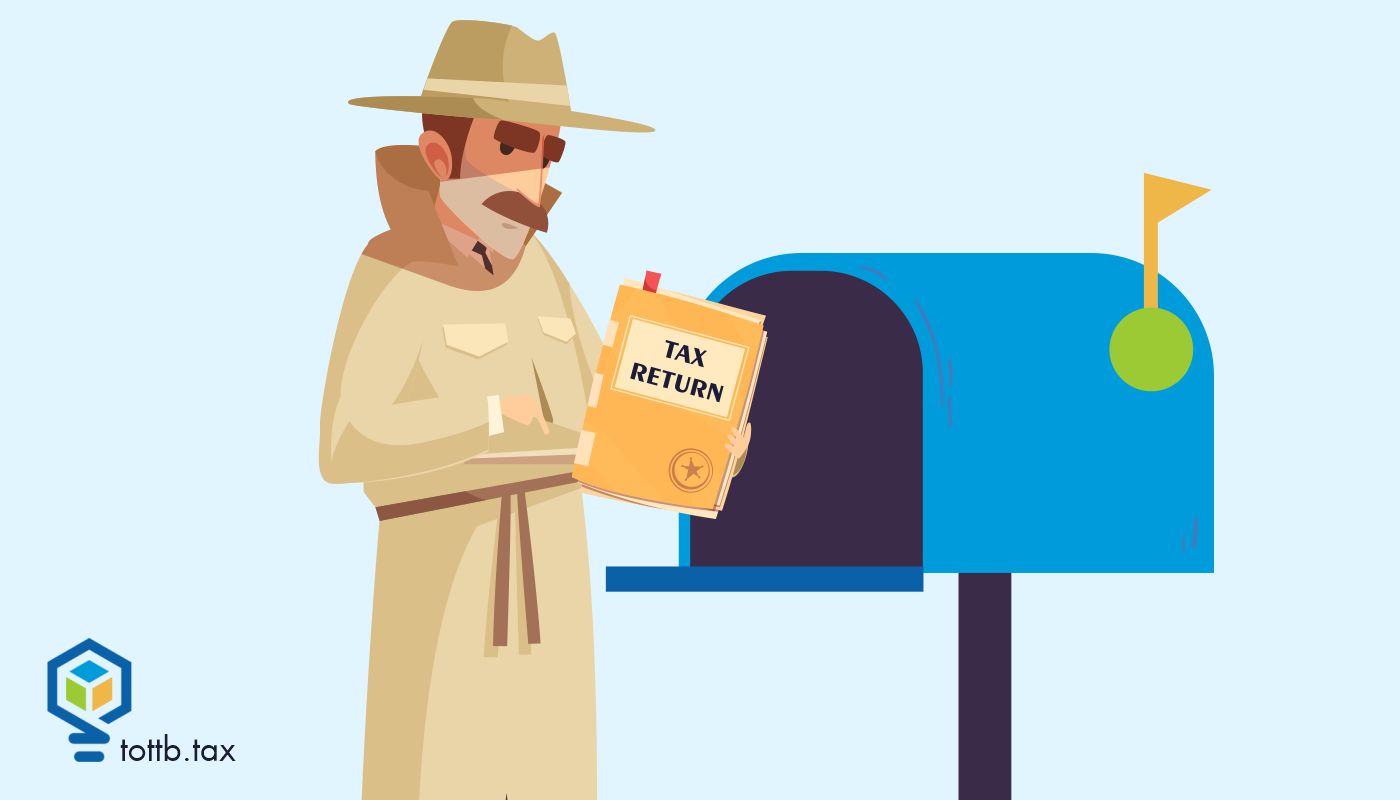“I knew he was a crook when I married him.”
Come again? And you still married him? That’s what I said in my head as it took every muscle in my face to keep my forehead from scowling. But instead, I said, “What do you mean?”
“We always had good money and nice things, but we never paid taxes. I always owed when I was single. But when we got married, I stopped working and we never owed.”
Let me take a moment to rewind and get you up to speed. This taxpayer, let’s call her Mrs. Bonnie for the purposes of this story, reached out because she needed to file last year’s tax return. She was recently widowed, and her husband typically handled the tax filing. So, she was already feeling overwhelmed and lost when it happened.
She went to the mailbox and pulled out mail from the IRS. It was a CP3219A , notifying her that credits claimed on a previous tax return were being disallowed by the IRS. Not only did she owe taxes, but she also owed accuracy related penalties. She only had 90 days to respond if she disagreed and didn’t know what to do.
When she reached out to me, she inquired about whether I could review previous year returns. Mrs. Bonnie wanted to make sure that they were “done right”. This isn’t a strange request. I told her that I would review the prior year to have a baseline and if I saw anything fishy, I’d bring it to her attention and perhaps look at another year.
I didn’t even make it to the signatures before the fishiness leaped off the page. I set up a meeting with her via Zoom to review my findings. As I begin to ask about some of the credits claimed and her husband’s business her answers did not match what was on the return. That’s when she let me know that she knew her husband, Mr. Clyde, was a crook when she married him.
Mrs. Bonnie didn’t know much about taxes, but she did a bit of research. She read about something called Innocent Spouse Relief and thought she may be eligible. Let’s look at what Innocent Spouse Relief is and why Mrs. Bonnie was not eligible, but your client may be.































